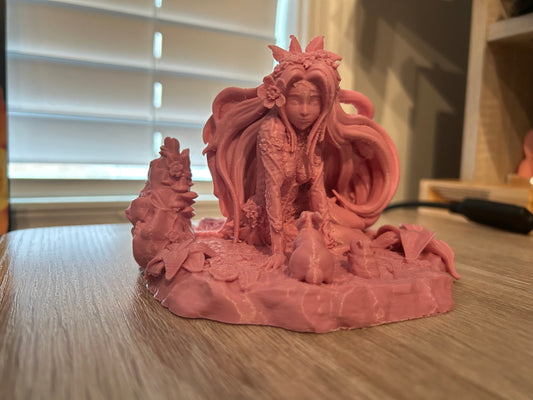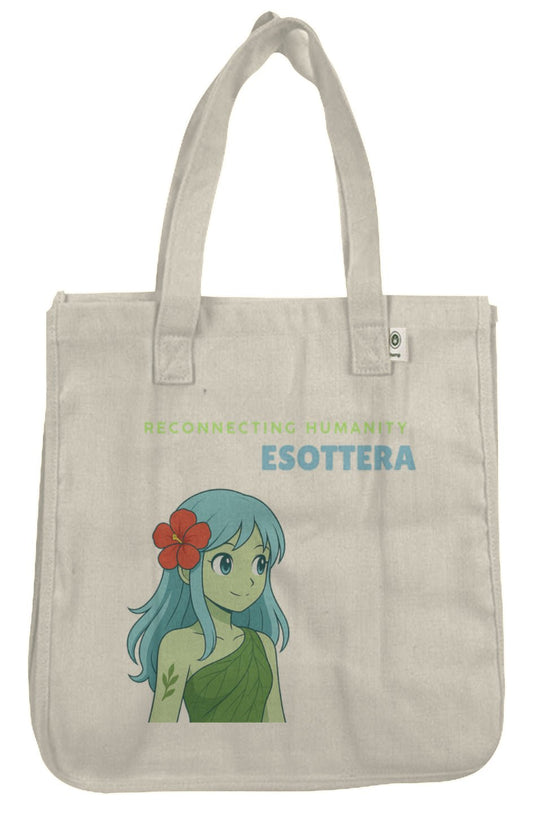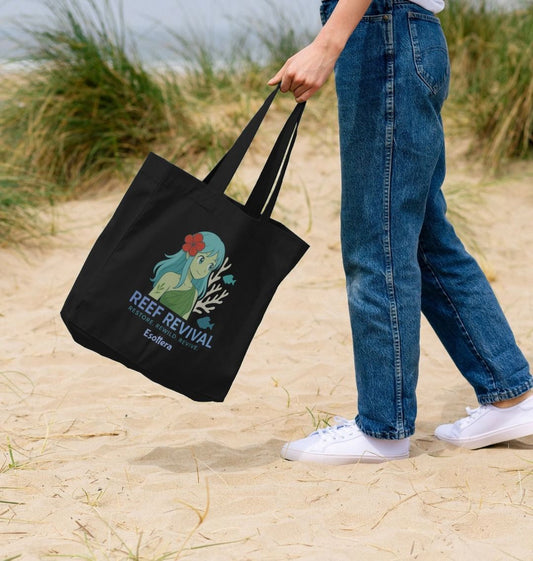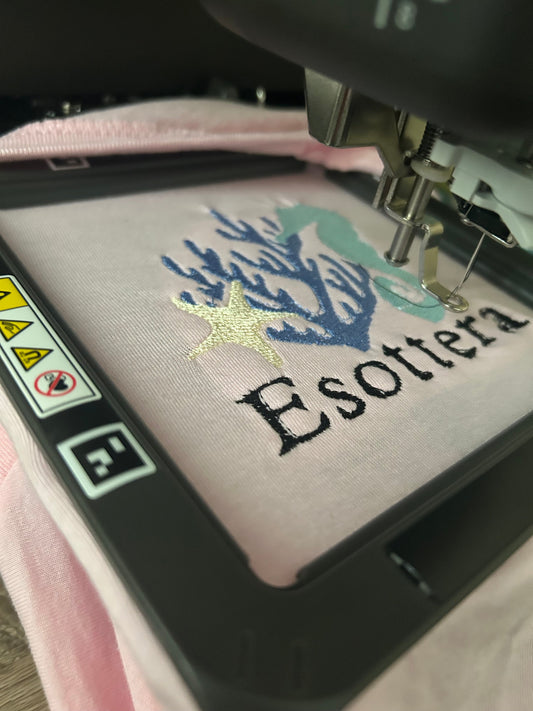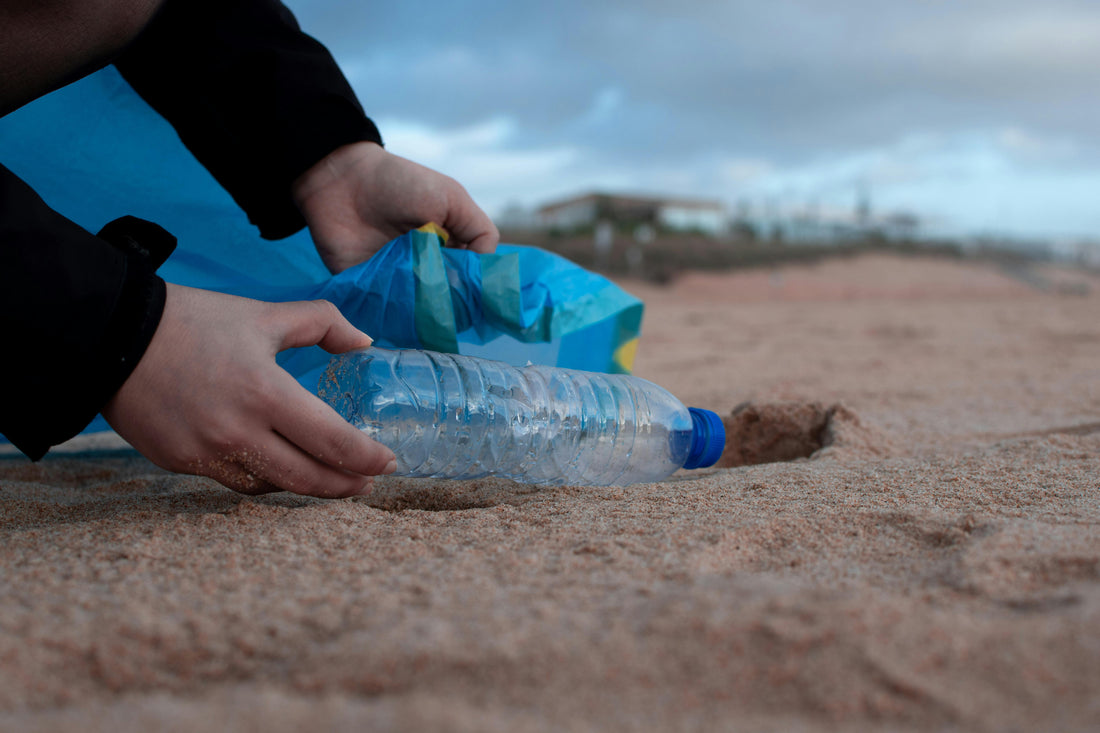
🌍 National Clean Up Day – September 16th: A Call to Action for a Cleaner, Greener World
“The Earth is what we all have in common.”
— Wendell Berry
🌱 What is National Clean Up Day?
Every year, on September 16th, communities around the world come together to participate in National Clean Up Day, an event that emphasizes the importance of keeping our environment clean, reducing pollution, and preserving the beauty of our planet. Whether it’s a local park, a beach, a hiking trail, or an urban street, this day is dedicated to removing waste and trash from our surroundings, raising awareness about the harmful effects of littering, and inspiring individuals to take responsibility for the cleanliness of their environment.
For Esottera, a brand committed to sustainability and eco-conscious living, National Clean Up Day is a powerful reminder of how every individual can make a positive impact on the environment. The act of cleaning up and reducing waste is not just about tidying up—it’s about promoting sustainability, environmental stewardship, and the importance of creating a cleaner, healthier world for future generations. This post will explore the significance of National Clean Up Day, how we can participate in the day, and why it’s crucial for both our local communities and the planet.
🌿 Why National Clean Up Day Matters
Littering is a pervasive issue that affects every corner of the planet. From remote beaches to city streets, plastic waste, food wrappers, and other debris accumulate in public spaces, harming wildlife, polluting ecosystems, and degrading the natural beauty of our world. National Clean Up Day shines a spotlight on the detrimental effects of waste accumulation and provides an opportunity for individuals and communities to take action.
Let’s look at why National Clean Up Day matters and why it’s crucial to our collective future.
🌍 1. The Environmental Impact of Littering
Littering, which is often seen as a minor offense or a nuisance, has far-reaching consequences for the environment. When waste is left in public spaces, it doesn’t just disappear. Instead, it ends up in waterways, soil, and oceans, creating harmful consequences for ecosystems.
-
Wildlife Encounters: Animals can mistake trash for food, leading to ingestion of harmful materials that can cause injury, illness, or even death. For example, sea turtles often mistake plastic bags for jellyfish, which can lead to suffocation or malnutrition.
-
Toxic Chemicals: Many products, such as cigarette butts, plastic bottles, and styrofoam, release toxic chemicals into the environment when they break down. These chemicals can contaminate soil, water, and air, affecting both wildlife and human health.
-
Habitat Destruction: Litter can damage fragile ecosystems, particularly in coastal or aquatic environments. Trash can smother coral reefs, clog waterways, and degrade habitats that support biodiversity.
By participating in National Clean Up Day, we take a stand against these environmental issues and help restore our ecosystems to their natural, thriving state.
🌱 2. The Economic Cost of Littering
Aside from the environmental impact, littering comes with a significant economic cost. Governments, municipalities, and communities spend millions of dollars every year on litter management. According to a report by the Keep America Beautiful organization, the economic cost of littering in the U.S. is estimated at over $11 billion annually.
-
Clean Up Costs: Municipalities often have to allocate funds to pay for litter collection and waste disposal, diverting resources away from other important community projects such as education, healthcare, and infrastructure.
-
Tourism and Property Value: A littered community can discourage tourism and reduce the attractiveness of local areas, leading to a decline in property values. This impacts local businesses that rely on visitors and residents to sustain their livelihoods.
By reducing waste through events like National Clean Up Day, we not only help improve our environment but also contribute to the long-term economic well-being of our communities.
🌍 3. Raising Awareness About Waste Reduction
National Clean Up Day is more than just a one-day event; it’s an opportunity to raise awareness about the importance of waste reduction and the need to rethink our consumption habits. The day encourages individuals to recognize that reducing waste starts with each of us.
In our modern, consumer-driven society, we are constantly bombarded with disposable goods, single-use plastics, and packaging that ends up in landfills. However, reducing waste doesn’t just happen by cleaning up; it requires a shift in how we approach consumption, waste management, and sustainability.
Esottera is proud to play a role in encouraging conscious consumerism. By offering sustainable products like organic cotton hoodies, recycled polyester embroidered patches, and eco-friendly tote bags, we are actively working to reduce the waste generated by the fashion industry. Supporting these products is one way consumers can actively take part in cleaner living and waste reduction every day.
🌿 How to Get Involved in National Clean Up Day
Whether you’re part of a community organization, a school, or just an individual looking to make a difference, there are plenty of ways to get involved in National Clean Up Day. Here’s how you can take action and help create a cleaner, greener world.
🌱 1. Participate in a Local Clean Up Event
Many communities host clean-up events for National Clean Up Day, providing all the necessary tools and guidance for participants. Look for local events in your area where you can volunteer your time, help pick up litter, and make a tangible difference in your community. This could be anything from cleaning up a local park to picking up trash along a hiking trail or beach.
Not only is it a way to contribute to the environment, but it’s also a great opportunity to connect with like-minded individuals who share your passion for sustainability. Plus, it’s a family-friendly activity that encourages kids and adults to work together for a common cause.
🌍 2. Organize Your Own Clean Up Event
If there isn’t a clean-up event happening in your area, why not organize one? This is a great opportunity to engage your local community and bring people together to make a difference. Here’s how you can organize a successful clean-up event:
-
Choose a location: Identify a local park, beach, street, or hiking trail that needs attention.
-
Gather supplies: You’ll need gloves, trash bags, recycling bins, and possibly some cleaning equipment (brooms, shovels, etc.).
-
Promote the event: Use social media, flyers, or local bulletin boards to spread the word and get people involved.
-
Collaborate with local businesses: Reach out to local businesses that might be willing to donate supplies, snacks, or other resources for your event.
By organizing your own event, you help raise awareness about the issue of littering and contribute to a cleaner environment in your community.
🌱 3. Reduce Your Personal Waste
While National Clean Up Day is a great opportunity to make a difference in your community, it’s also a chance to reflect on your personal waste habits. Here are some small changes you can make every day to reduce the waste you produce and help keep your surroundings clean:
-
Use reusable items: Opt for reusable water bottles, coffee cups, and shopping bags instead of single-use plastics.
-
Recycle: Make sure to properly sort your recyclables and avoid sending recyclables to the landfill.
-
Compost: Reduce organic waste by starting a composting system at home for food scraps, yard waste, and other biodegradable materials.
-
Support sustainable brands: Choose products from brands like Esottera that prioritize sustainability and eco-friendly production methods.
Making these small changes in your everyday life can have a significant impact on the amount of waste produced and help create a cleaner, healthier world.
🌍 Esottera’s Commitment to Waste Reduction
At Esottera, sustainability is at the heart of everything we do. As a brand that prioritizes the environment, we are proud to contribute to the reduction of waste and the promotion of cleaner, more sustainable living. Here’s how we’re actively reducing waste:
🌱 1. Sustainable Materials
We use organic cotton, recycled polyester, and other sustainable fabrics in our clothing, which reduces the amount of waste generated by the fashion industry. By using recycled materials, we give existing resources a second life, helping to reduce the need for new materials and the environmental impact of textile production.
🌍 2. Eco-Friendly Packaging
We strive to minimize waste by using eco-friendly packaging for all our products. From compostable bags to biodegradable packing materials, we ensure that our packaging has as little impact on the planet as possible.
🌱 3. Waste-Free Manufacturing
We work with manufacturers who are committed to zero-waste production processes, ensuring that minimal material waste is generated during production. This commitment to sustainability extends to every step of our supply chain.
🌱 Conclusion: Let’s Clean Up for the Future
National Clean Up Day on September 16th is more than just a day of picking up trash—it’s a powerful reminder that each of us has a role to play in protecting the environment and creating a cleaner, healthier world for future generations. Whether you participate in a local clean-up event, reduce your personal waste, or advocate for sustainable practices, every action counts.
At Esottera, we’re committed to making sustainability accessible and impactful for everyone. As we celebrate National Clean Up Day, let’s remember that a cleaner planet begins with cleaner actions in our own lives and communities. Together, we can help create a world where future generations can breathe fresh air, enjoy beautiful landscapes, and live in harmony with the planet.
#NationalCleanUpDay #Sustainability #EcoFriendlyLiving #ReduceWaste #CleanUpEvents #Esottera #SustainableFashion #GreenInitiatives #WasteReduction #ConsciousConsumerism #PlanetFirst














